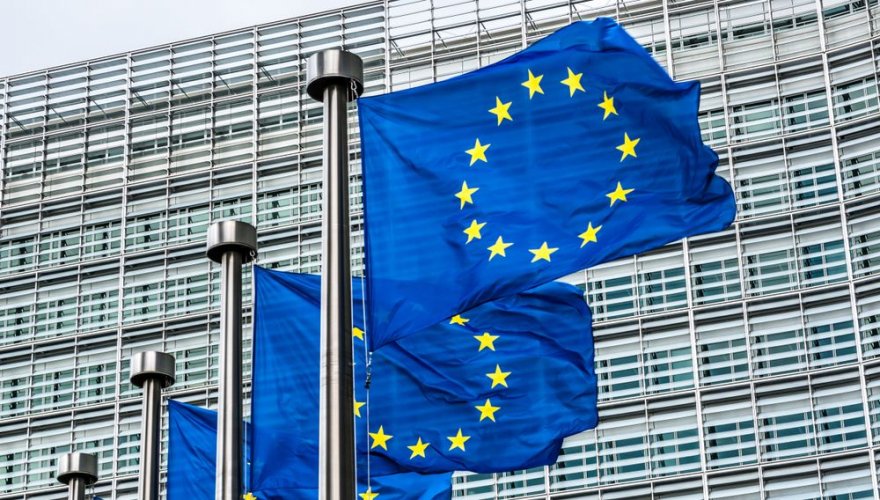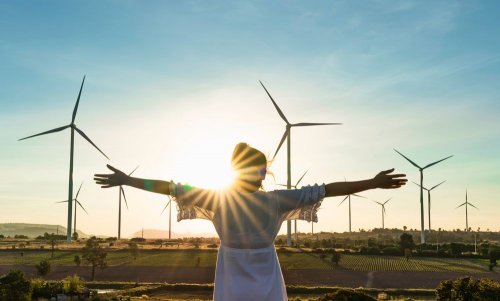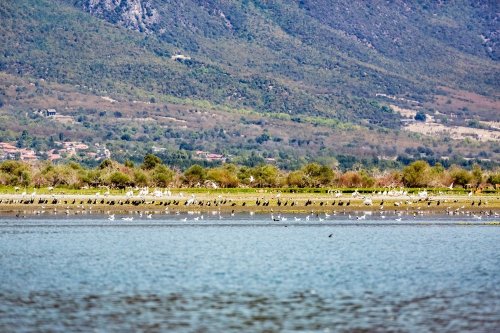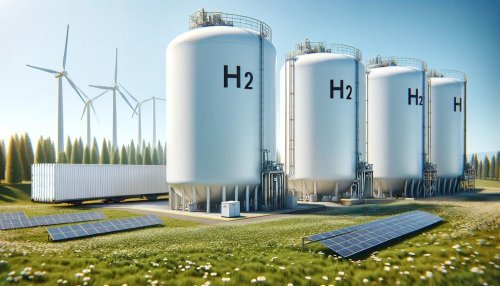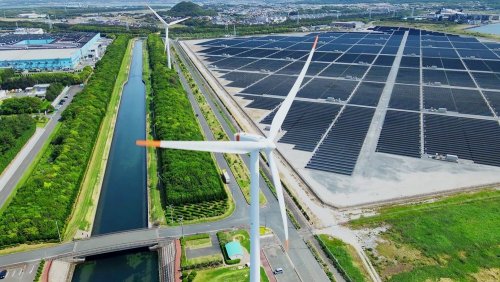The European Commission presented the Green Deal industrial plan, which is designed to increase the competitiveness of the European industry with zero emissions and facilitate a rapid transition to climate neutrality.
The plan will create a more favorable environment for expanding the EU's production capacity for technologies and goods with zero emissions, which is necessary to achieve the bloc's climate goals, the European Commission said.
"Europe is determined to lead the clean technology revolution. For our companies and people, this means turning skills into quality jobs and innovation into mass production through a simpler and faster framework. Better access to financing will allow our key areas of ecologically "clean" technologies to develop quickly," said European Commission President Ursula von der Leyen.
It is noted that the Plan is based on previous initiatives and builds on the strengths of the EU single market, complementing Green Deal and REPowerEU. It is based on 4 directions, namely:
- A predictable and streamlined regulatory environment
Simplification of the legal framework will ensure rapid issuance of permits, which will contribute to European strategic projects and the development of standards for the expansion of technologies in the single market. The direction will strengthen the Law on Critical Raw Materials, which will ensure sufficient access to materials, including rare earth elements, that are critical for green technologies. In addition, a reform of the design of the electricity market is planned.
- Accelerating access to financing
The message emphasized that the direction will accelerate investments and financing of clean technology production in Europe. Public funding, combined with further progress in the creation of the European Capital Markets Union, could unlock the vast amounts of private funding needed for the green transition. Equal conditions within the Single Market will also be ensured. This will contribute to further optimization and simplification of the approval of projects related to important projects of common European interest (IPCEI).
- Certification training
"As the green transition can affect 35% to 40% of all jobs, the development of skills necessary for quality, well-paid work will be a priority of the European Year of Skills, and the third component of the plan will focus on this," the press service emphasized.
It is noted that the European Commission proposes to establish Net-Zero industrial academies to deploy advanced training and retraining programs in strategic industries.
- Open trade for sustainable supply chains
The message emphasized that this direction will relate to global cooperation and trade promotion for a green transition in accordance with the principles of fair competition and open trade. A Critical Raw Materials Club will also be established to bring together raw material consumers and resource-rich countries to ensure global security of supply through a competitive and diversified industrial base, as well as Clean Tech/Net-Zero industrial partnerships.
The press service emphasized that the EC will also protect the single market from unfair trade in the green technology sector and use its tools to ensure that foreign subsidies do not distort competition in the single market and in the clean technology sector.
Earlier, EcoPolitic wrote, that the European Commission President Ursula von der Leyen confirmed that the EU is developing a new law on industry with zero emissions as part of updating the industrial plan to the goals of the Green Deal.
As EcoPolitic previously reported, the European Commission plans to soften state aid rules to support green investments, in particular through tax incentives.

